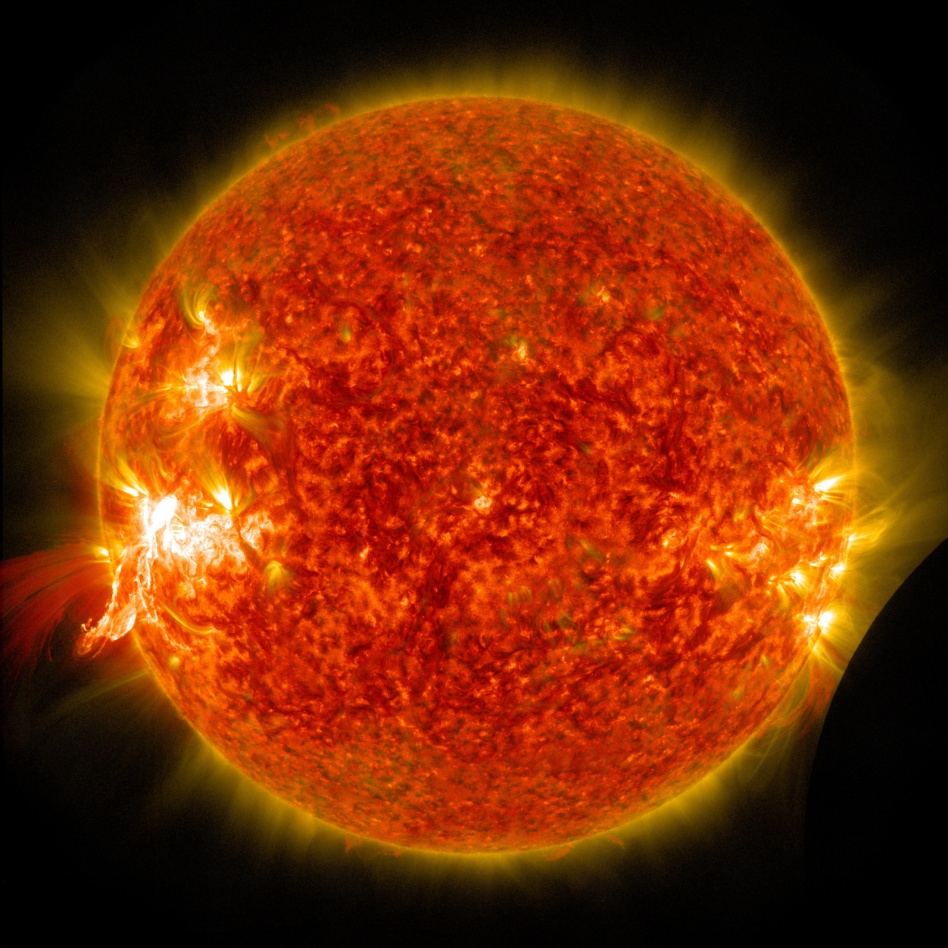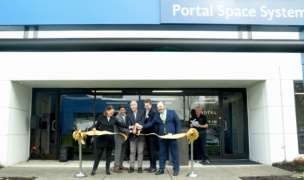SpaceX lost $100M worth of satellites to a geomagnetic storm in 2022, the same year another space weather event caused Intelsat to lose control of one of its spacecraft. In 2023, Capella Space lost two satellites following a surprise solar storm.
Now, new AI-based software aims to accurately predict space weather, which could have helped avoid these losses.
Perceptive Space, a Canadian space startup developing a space-weather forecasting platform, closed a $3.9M CAD ($2.8M USD) pre-seed funding round as it emerges from stealth today.
Perceptive perspective: Perceptive Space wants to fill the gaps that government agencies like NOAA leave in forecasting geomagnetic activity due to budget constraints and development times.
“We want companies to avoid having to scrub a launch, but rather just schedule it on the same day just at the right time,” CEO and Founder Padmashri Suresh told Payload.
Perceptive has plans to improve space weather accuracy in a future where daily launches place tens of thousands of new satellites in orbit. The platform outperformed traditional models by more than 10 times in speed and accuracy to reduce space weather’s impacts, according to Suresh.
There’s a forecast of AI: Perceptive Space uses a combination of deep learning, neural networks, and traditional machine learning algorithms to produce accurate space weather predictions, Suresh explained. The AI platform utilizes public domain data combined with third-party partner data and sensor readings from customers to train its model.
What’s next: This funding round was led by Panache Ventures, Metaplanet, Mythos Ventures, 7percent Ventures, and AIN Ventures. The pre-seed funding round will be used to hire more engineers and scientists and launch the initial product by Q2 2025.




